Indigenous Governance Database
Intergovernmental Relations
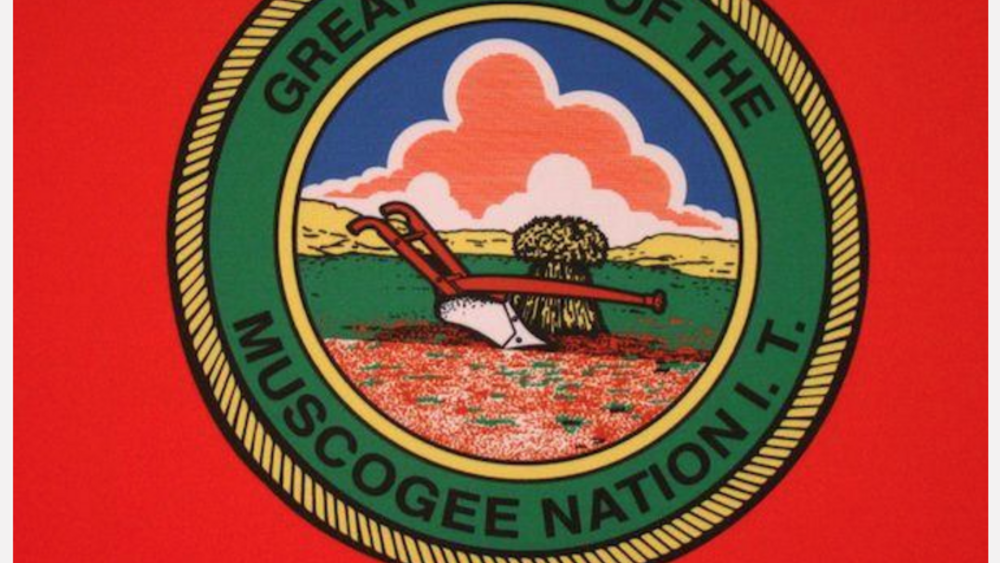
Muscogee (Creek) Nation Creates Conservation District With USDA
The Muscogee (Creek) Nation, working with the U.S. Department of Agriculture (USDA), has established a conservation district, the two entities announced on November 19...
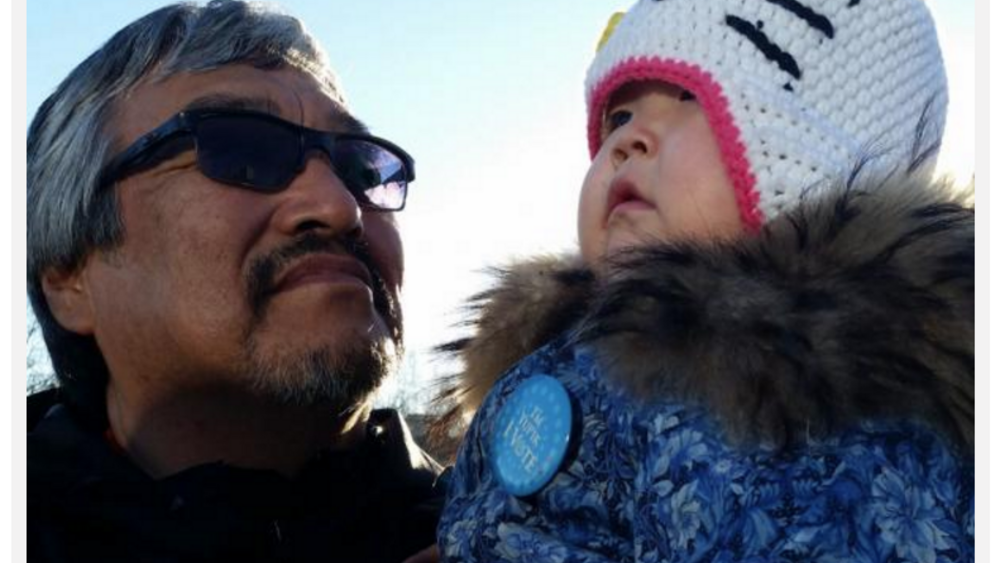
New Inter-Tribal Fish Commission Formed to Give Alaska Tribes a Say
Alaska reminds me of Washington state. Let me qualify that. Alaska reminds me of Washington state before the mid-1970s. Back then the region was deeply divided over treaty rights, salmon, and even the definition of what it meant to be an American Indian in modern times. The official state…
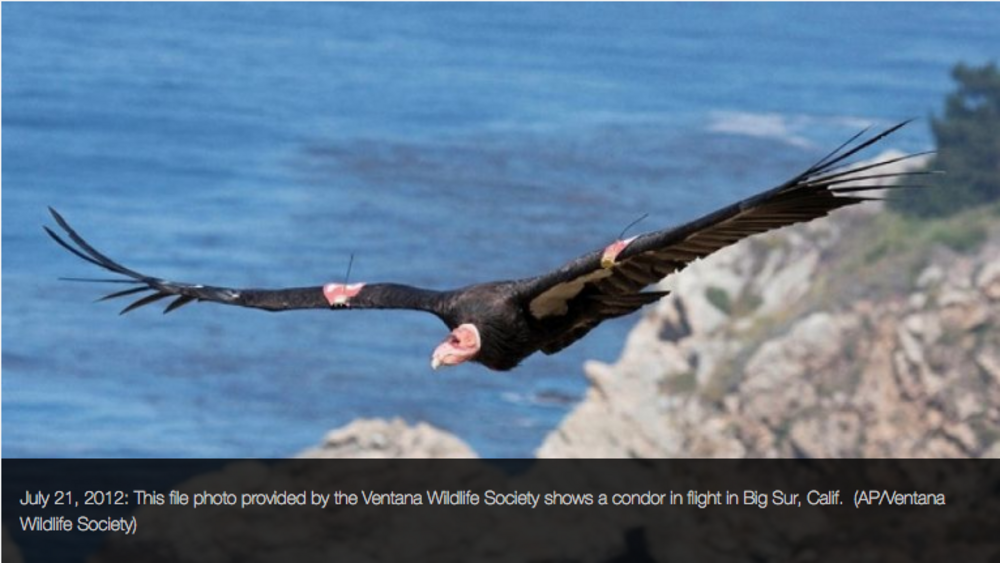
Yurok Tribe to release condors in California
Yurok tribal tradition holds the California condor as sacred, with ancient stories saying the giant birds fly closest to the sun and are the best messengers to carry prayers. Now, after five years of research, the far northern California-based tribe has received permission to release captive-bred…

Klamath Agreements Strengthen Tribal Sovereignty
From time immemorial, salmon, steelhead and other fish runs have sustained the Klamath, Modoc and Yahooskin Paiute members of the Klamath Tribes. It has been more than 100 years, however, since our tribal members have seen salmon and steelhead migrate home to the Upper Klamath Basin, or had an…
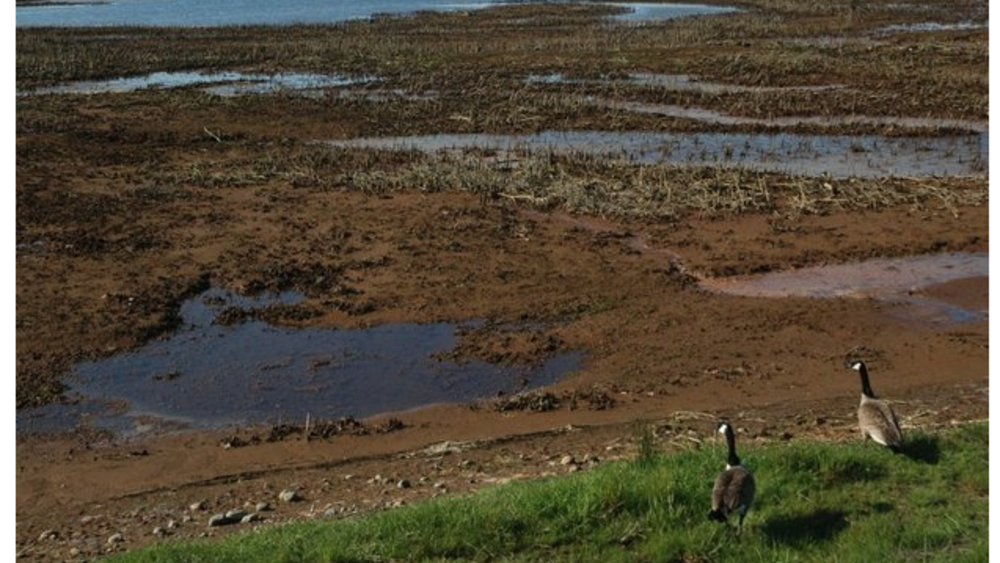
Washington joins Nisqually Tribe to develop new 1,300-acre state park in Mount Rainier foothills
Washington will develop a new 1,300-acre state park in the Mount Rainier foothills, about a 2.5-hour drive north of Portland/Vancouver. The Washington State Parks and Recreation Commission and the Nisqually Indian Tribe on Tuesday signed a partnership agreement for the collaborative development of…
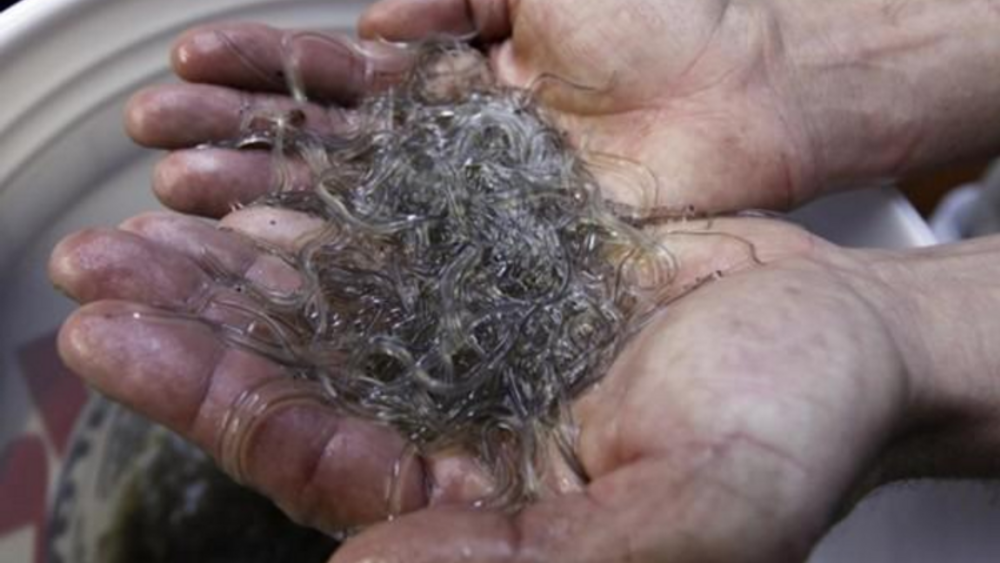
Passamaquoddy Tribe Amends Fishery Law to Protect Its Citizens from State Threat
The Passamaquoddy Tribe’s fishery law has been amended to implement individual catch quotas for the lucrative elver season that began on April 5. While the quota system conforms to a new state law, Passamaquoddy leaders stressed that the change was made to both protect tribal citizens and conserve…
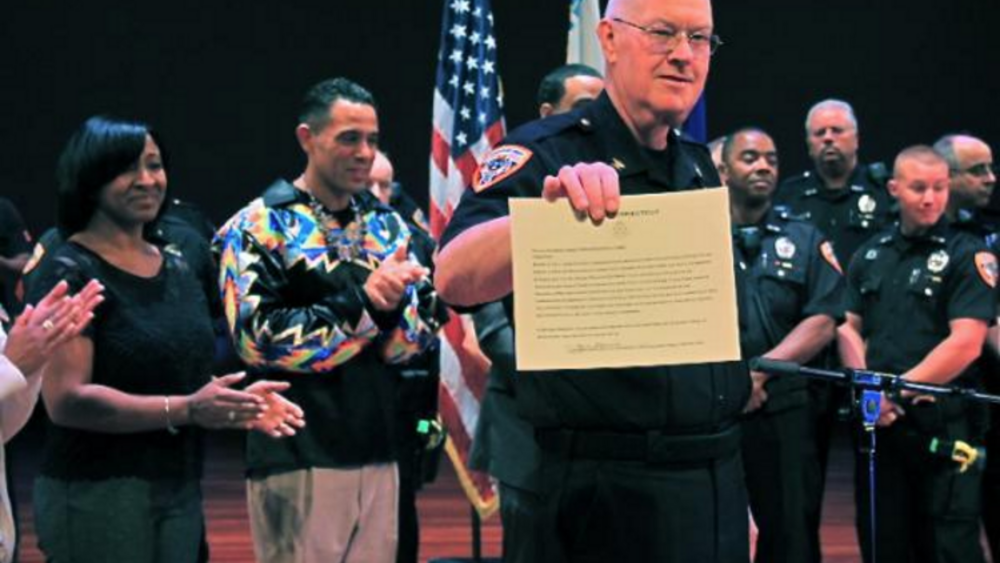
Police Protection in CT Increases: Tribes Can Now Arrest Non-Natives
On Friday, August 1, 27 members of the Mashantucket Pequot Tribal Police received the power to arrest non-Natives on tribal land. “Up until now they could only hold and detain non-tribal members until the state police could come and make the arrest,” William Satti, director of public affairs for…
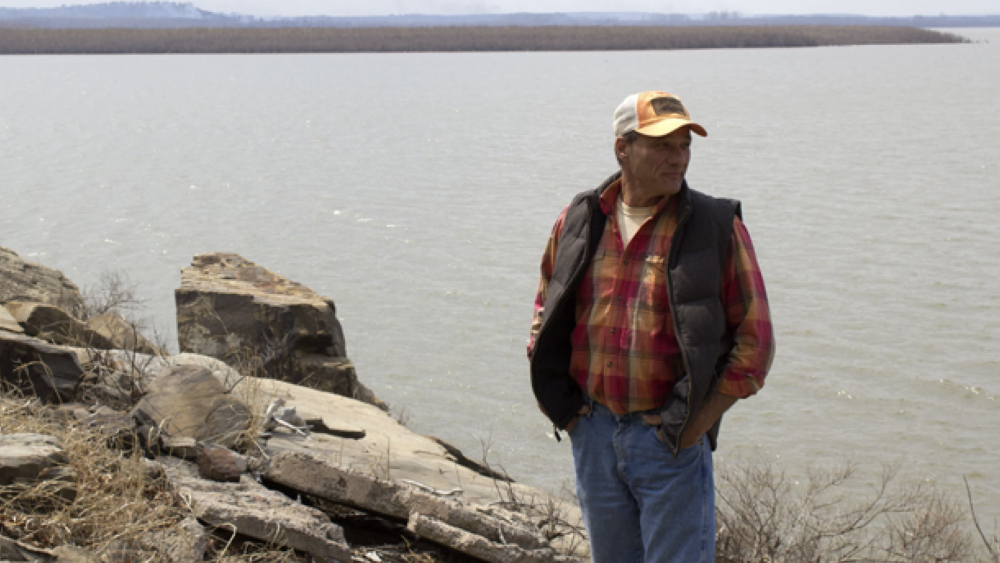
Cast-off State Parks Thrive Under Tribal Control, But Not Without Some Struggle
Rick Geisler, manager of Wah-Sha-She Park in Osage County, stands on the shore of Hula Lake. When budget cuts led the Oklahoma tourism department to find new homes for seven state parks in 2011, two of them went to Native American tribes. Both are open and doing well, but each has faced its own…

Tribal Per Capitas and Self-Termination
For many Indian families, tribal per capita payments help meet their most basic needs. They buy food, pay heating bills, make car payments, and open savings accounts. As a Dry Creek Rancheria Band of Pomo Indians leader explains, per capita monies have given historically impoverished Indian…
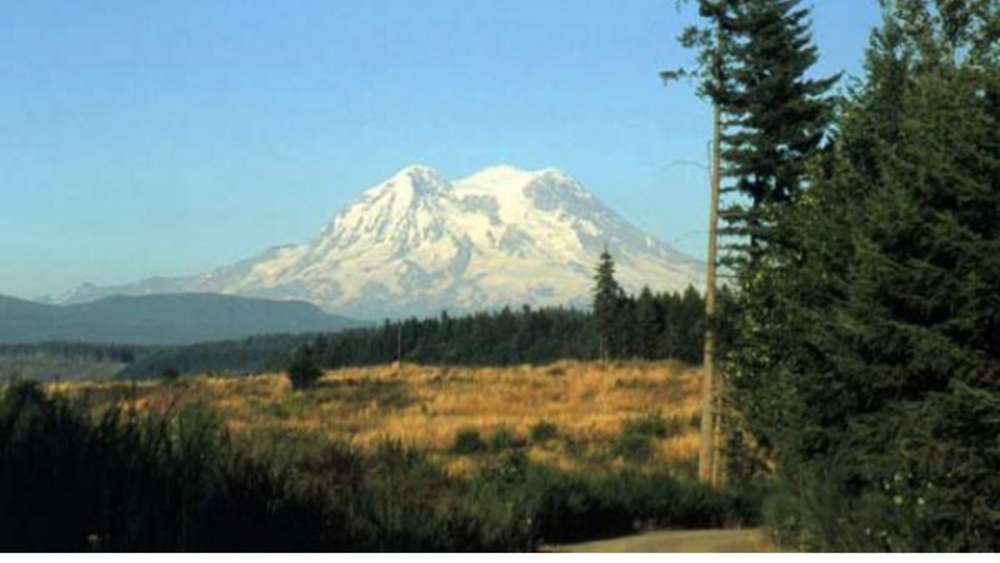
Nisqually Tribe, State Partnering on Development of Nisqually State Park
The Washington State Parks and Recreation Commission and the Nisqually Indian Tribe are working together on future development of Nisqually State Park in Olympia, Washington. The 1,300-acre park lies at the confluence of the Nisqually River, Mashel River and Ohop Creek. The park includes a diverse…
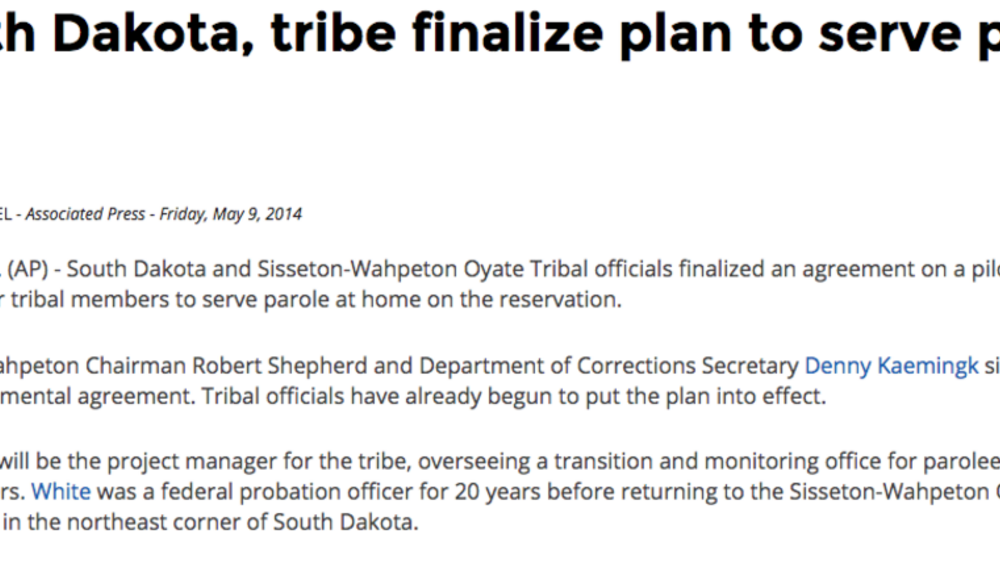
South Dakota, tribe finalize plan to serve parole
South Dakota and Sisseton-Wahpeton Oyate Tribal officials finalized an agreement on a pilot program for tribal members to serve parole at home on the reservation. Sisseton-Wahpeton Chairman Robert Shepherd and Department of Corrections Secretary Denny Kaemingk signed the intergovernmental…
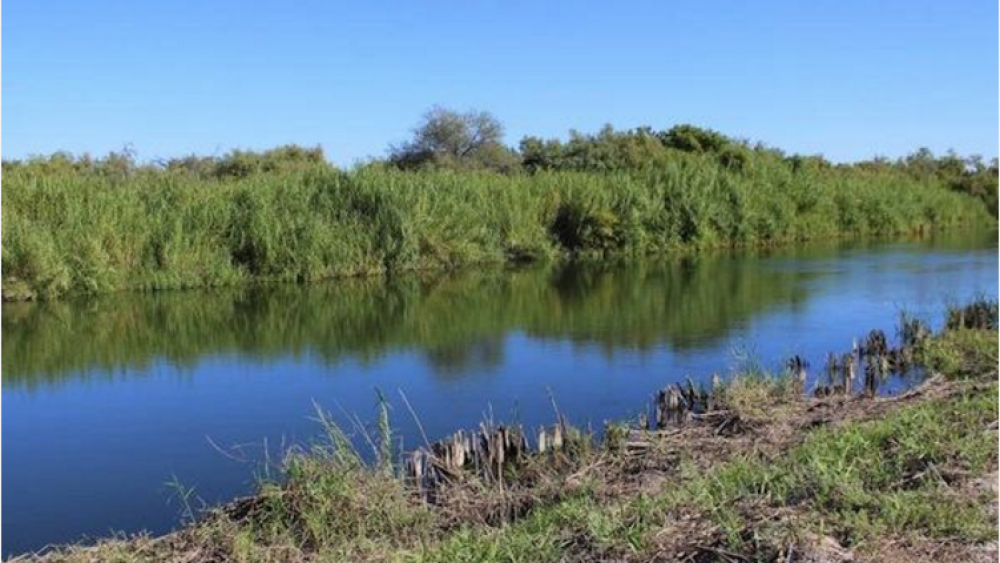
7 Tribal Programs That Protect Our Winged and Four-Legged Brothers
The news is full of sad stories about dying animals, species of all kinds being wiped out, and the random shooting of animals, among other depressing events. Amid all that it’s easy to forget that efforts aplenty are afoot to reverse the declines, save species, restore habitat and pull endangered…
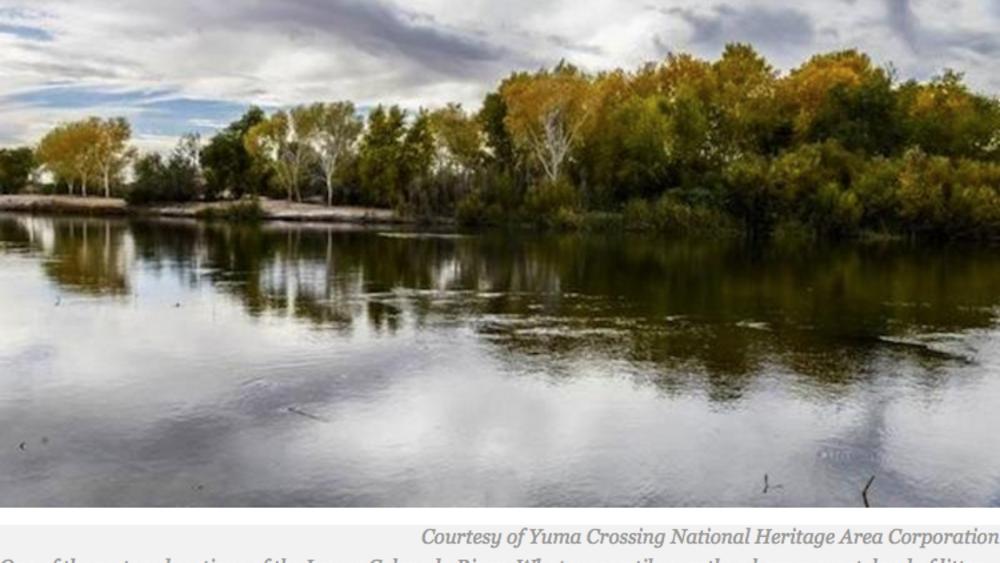
Tribal Transformation: Quechan Help Bring Lower Colorado River Habitat Back to Life
The Colorado River, once home to riverboats and a source of liquid sustenance to many, has been referred to as America’s Nile, the most important river in the Southwest. Until recently a section of the lower Colorado with the city of Yuma on one side and the Quechan Indian tribe on the other was a…
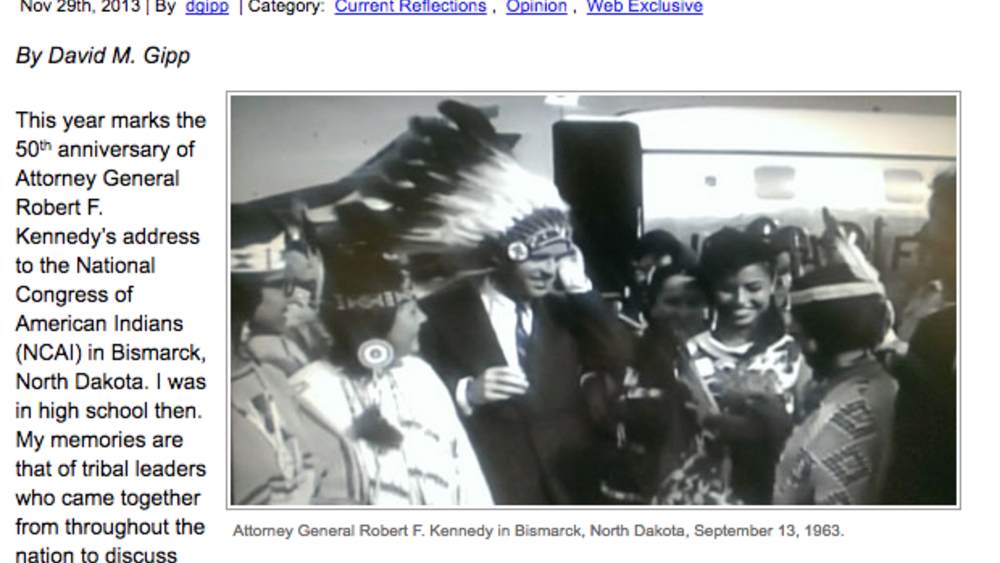
Robert F. Kennedy's Legacy with First Americans
This year marks the 50th anniversary of Attorney General Robert F. Kennedy’s address to the National Congress of American Indians (NCAI) in Bismarck, North Dakota. I was in high school then. My memories are that of tribal leaders who came together from throughout the nation to discuss key issues of…

5 More Native American Visionaries in Washington State
As the holidays kick in and people start looking ahead to the coming year, it is only fitting to acknowledge the leaders who will take Indian country into the future. Last month we brought you five Native leaders who are protecting rights, exercising sovereignty, building intercultural bridges and…
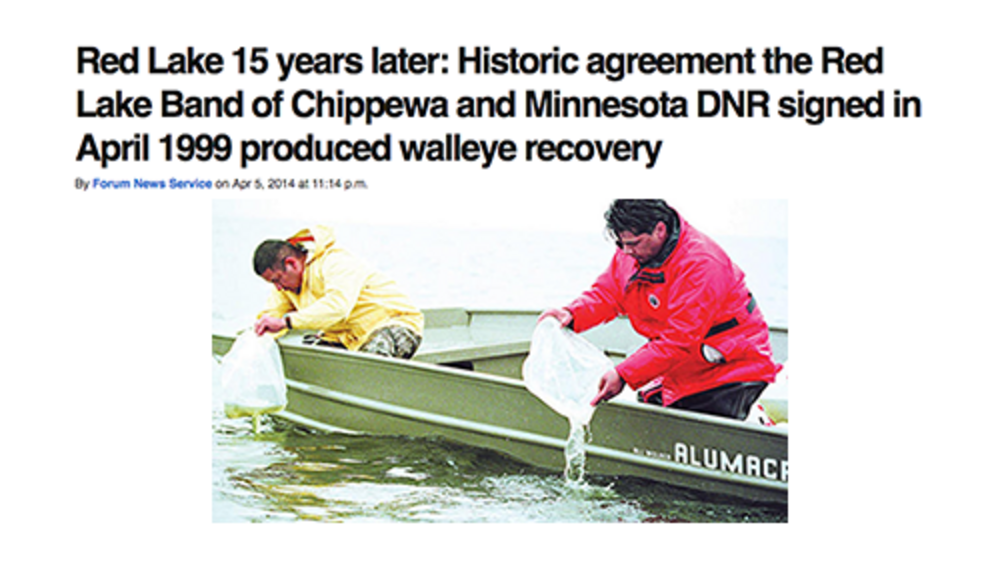
Red Lake 15 years later: Historic agreement the Red Lake Band of Chippewa and Minnesota DNR signed in April 1999 produced walleye recovery
As Al Pemberton recalls, it was about three years after the Red Lake Band of Chippewa and the Minnesota Department of Natural Resources signed an agreement to restore walleye populations in Upper and Lower Red lakes that he saw the true potential for the big lakes’ recovery. The agreement, which…
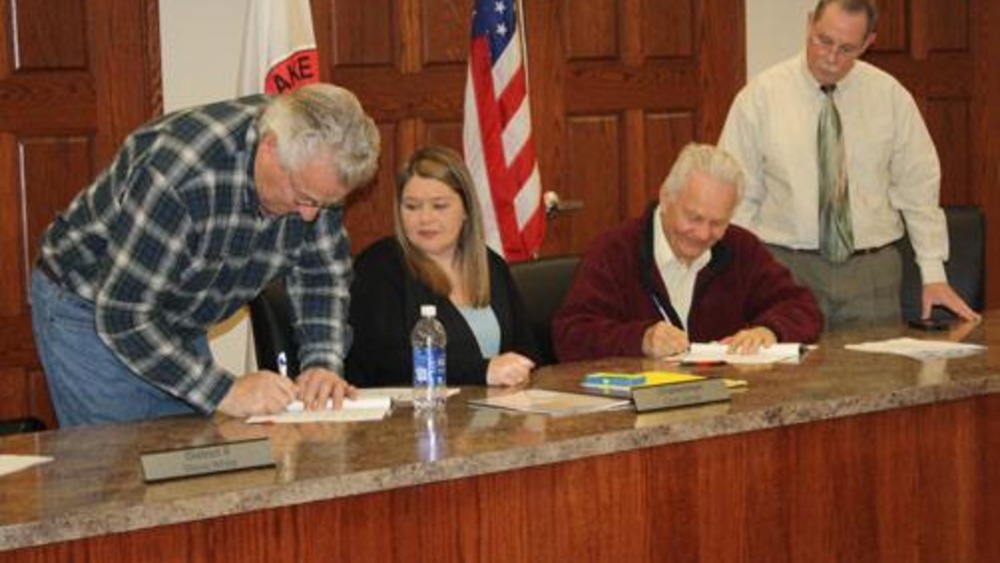
Cass County Board, Leech Lake Tribal Council hold productive joint discussions, first in three-plus years
A wide-ranging conversation between Leech Lake Tribal Council and Cass County Board of Commissioners, held Friday at the new Leech Lake Government Center in Cass Lake, concluded with the signing of a Memorandum of Understanding (MOU) between the two governmental units. The MOU is designed to…
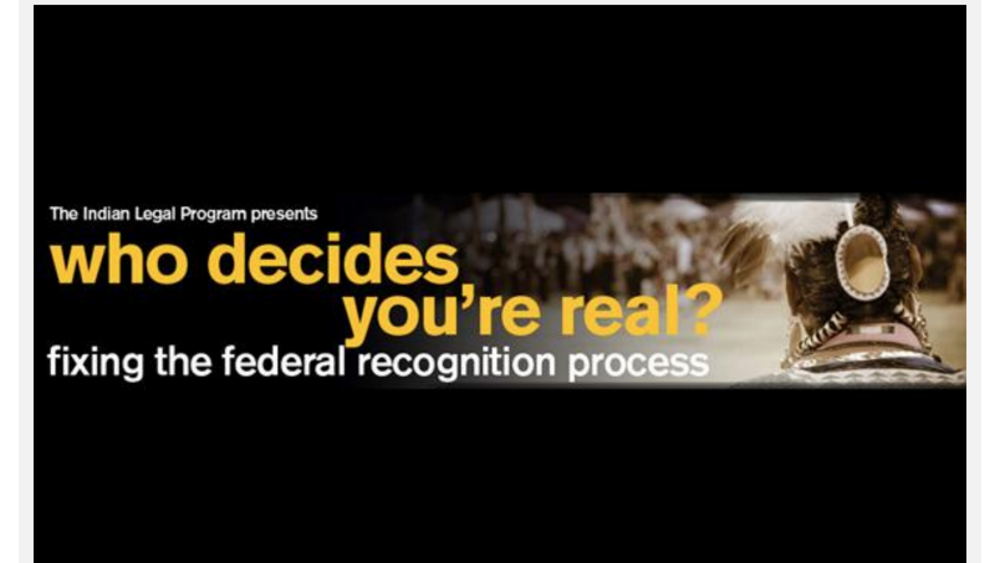
Federal Recognition Process: A Culture of Neglect
The Shinnecock Indian Nation was petitioner number 4 on the Bureau of Indian Affairs’ list of tribes seeking federal recognition in 1978 soon after the agency established the seven criteria for recognition. Thirty-two years and $33 million later in June 2010, the BIA acknowledged the Shinnecock…

How to Protect Tribal Lands From Our Deadliest Enemies
In 2001, the U.S. Supreme Court dealt a severe below to Indian sovereignty when it decided Nevada v. Hicks, suggesting to states and counties that when their cops are investigating off-reservation crimes, they need not obtain tribal court warrants to conduct searches or arrests on tribal land. The…

Indian Nations Are Still Fighting the U.S. Cavalry
Throughout the 19th Century the U.S. Cavalry perpetrated the genocide of Indian People. Today’s Cavalry–federal, state and local police–are no longer committed to extermination. But American cops’ flagrant disregard for tribal self-governance when carrying out law enforcement activities on Indian…
Pagination
- First page
- …
- 7
- 8
- 9
- …
- Last page
